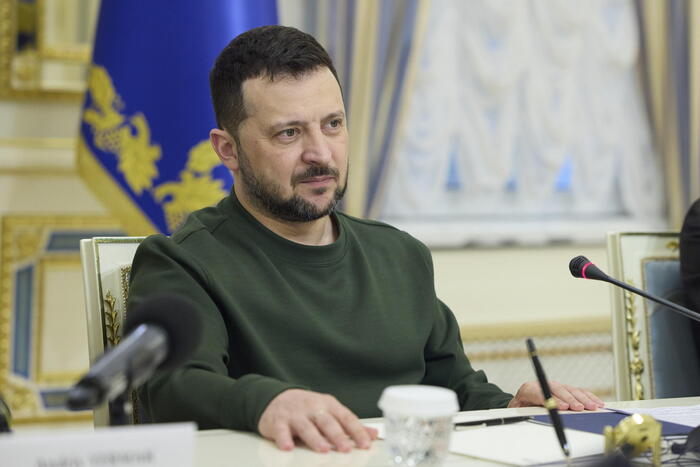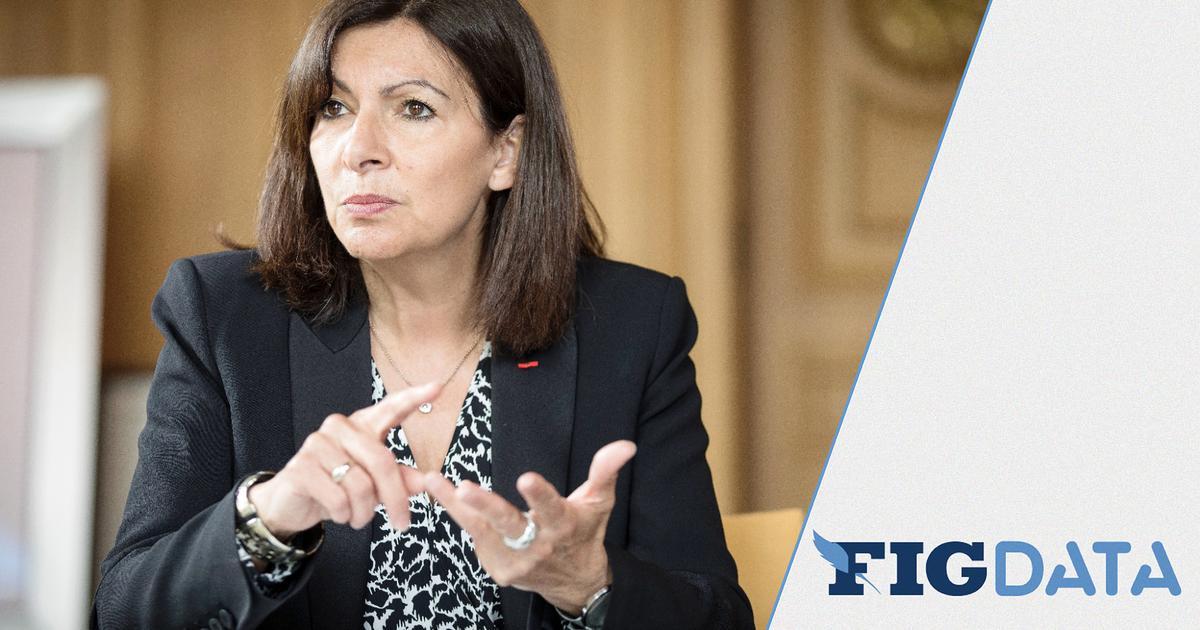Enlarge image
Region in Mali: droughts on the rise
Photo: Poncho / Getty Images
Mali is a torn country.
A conflict has raged in the north of the West African nation since 2012 and has spread across the entire country.
At that time, Islamists from North Africa allied themselves with Tuaregs who lived in the region or who immigrated to the region.
An uprising broke out and the militias quickly took control of the northern regions of the country.
The conflict later spread to central Mali and the neighboring countries of Burkina Faso and Niger.
The war has cost thousands of lives to this day.
UN peacekeepers should stop the killing.
But there are still attacks and assaults.
The UN stabilization mission Minusma, in which German soldiers also participate, is supposed to finally bring peace to the crisis state - but despite the 13,000 blue helmet soldiers and 1,700 police officers, the success has so far been manageable.
Is that also due to external factors?
A report by the Stockholm International Peace Research Institute (Sipri) has now examined the role climate change plays in this conflict and what effects it is having on the UN's peace efforts in Mali.
To this end, the authors led by Farah Hegazi evaluated literature and conducted more than 50 interviews with experts.
The central findings: Both extremism and conflicts and violence in northern Mali are a result of climate change or are exacerbated by it.
"Without the integration of climate change, peace consolidation is hardly possible," concludes Florian Krampe, co-author of the report, to SPIEGEL.
Like other countries in the Sahel, Mali, and especially the north of the country, is severely affected by climatic changes.
The country has seen a steady rise in temperatures since the 1960s, the report said.
Droughts are becoming more and more common.
According to global climate models, the values will rise between 1.2 and 3.6 degrees by the end of the 2050s.
On the other hand, extreme weather events such as heavy rainfall may cause violent flooding more frequently in the future.
The consequences of these climatic changes primarily affect the poorer population groups, whose livelihoods are agriculture and animal husbandry. But where the usable land decreases and water sources dry up, conflicts are inevitable in a rapidly growing population. In the struggle for resources, extremism and violence have an easier time. "Shepherds and farmers are then more susceptible to such extremist trends," says Krampe. The terrorist organization Al-Qaeda, for example, is targeting young people in the Sahel region who have got into financial difficulties, says the security expert.
One of the officers questioned for the report spoke in an interview about a difficult situation in which the young people were.
"No work, no schools, no water," he says.
"The only option is to take up arms and get what they can get."
Weather forecasts by climate researchers
In order to be able to better assess awareness of the consequences of climate change and the social and political consequences, according to the report, better education in this area is required.
The local population is well aware of the mechanism of climate change.
But people did not have the opportunity to find out about countermeasures.
Training on climate security analyzes would also have to be carried out within the Minusma mission, and an environmental security consultant would also have to be employed.
This would create awareness at all levels of the mechanisms that play a role in climate security, said Sipri.
According to Krampe, there is already such an advisor for climate issues in Somalia, the post is financed with German money.
And this is where climate researchers and meteorologists come into play: They could, for example, create weather forecasts for crisis regions.
When droughts or bad harvests appear, one can regulate in a targeted manner and take preventive action.
"Outbreaks of violence in these regions are directly related to the agricultural sector," says Krampe.
None of this is a guarantee that the region can be pacified in the future, stresses Krampe. Another Sipri study suggests that climate change will continue to preoccupy UN missions around the world: As of December 2020, ten of 21 active UN peace missions were deployed in states that are considered to be particularly affected by the climate crisis. Six of the ten largest UN operations in terms of personnel are also in such countries. Recent studies have shown that the effects of global warming in these countries could have a significant impact on UN peace missions, said Sipri.















